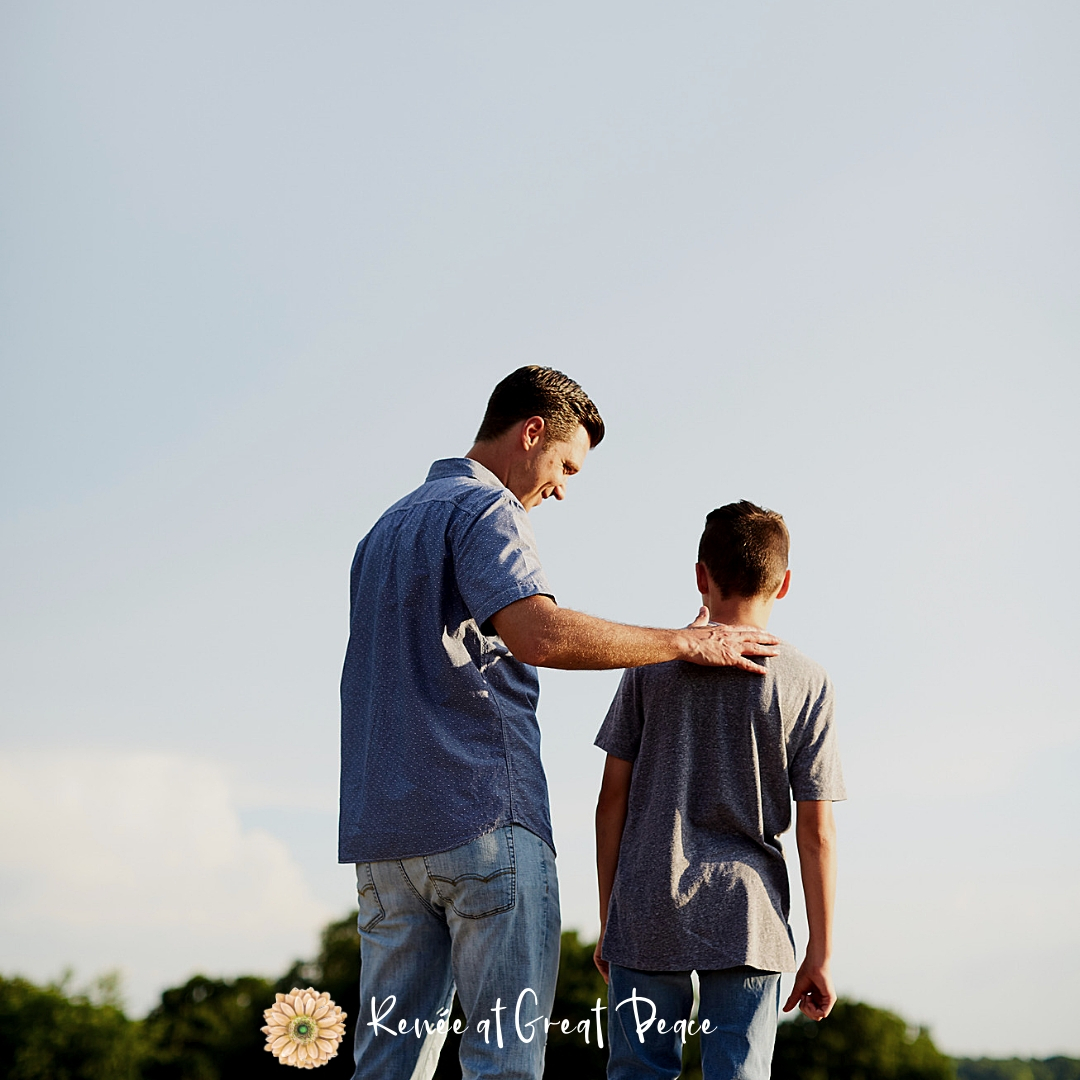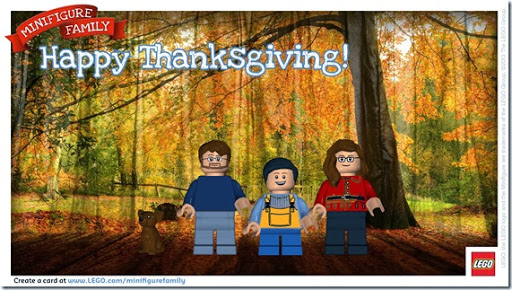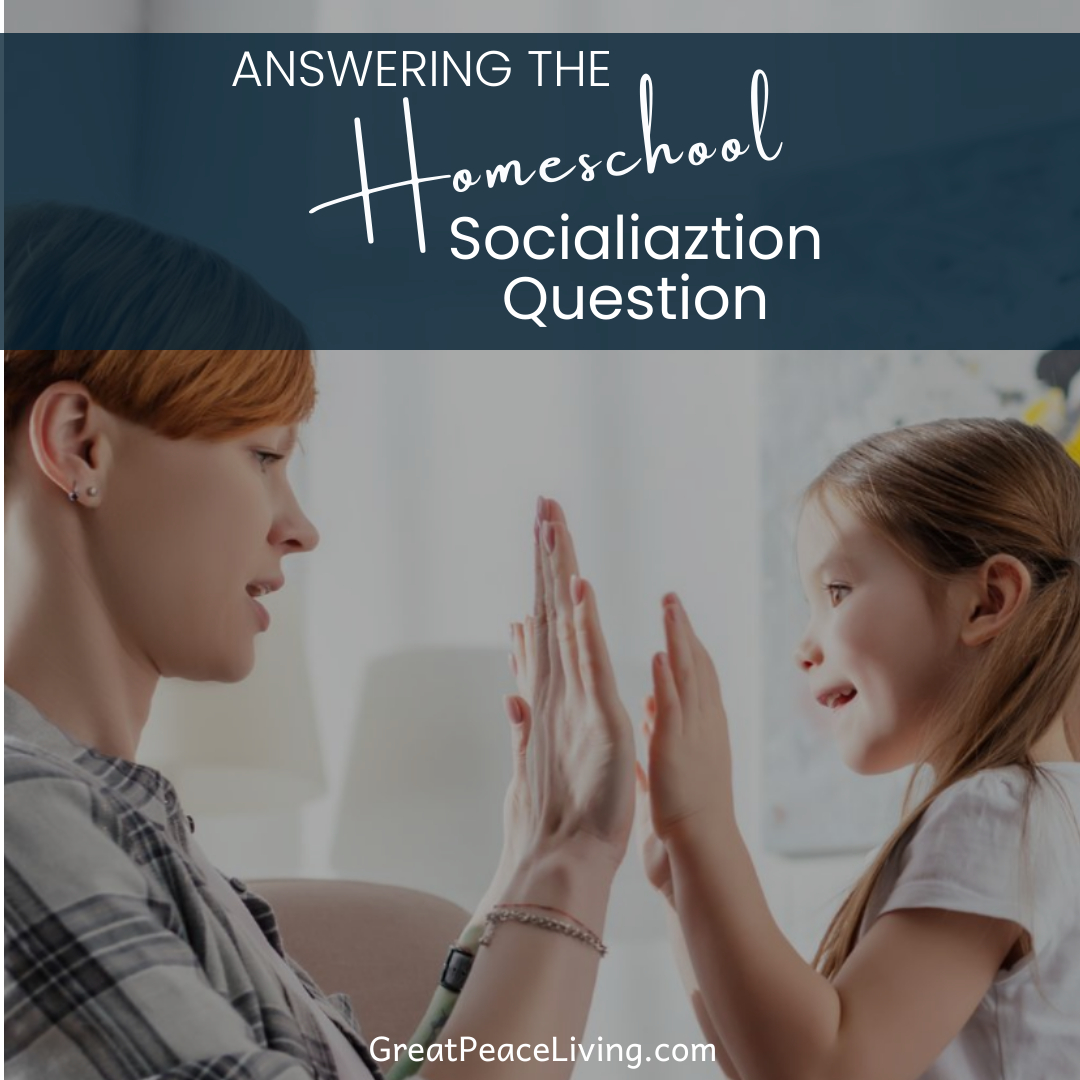
Answering the Homeschool Socialization Question
This is one of the top things that homeschool families get asked. Most people assume that children who are homeschooled are some how isolated from social settings. In my experience, the opposite is true. The families that I know and are involved with realize that home education entails teaching our children not only book learning but life learning. We work really hard to provide social opportunities for our children. In this article I’m answering the homeschool socialization question to help you feel confident as you make choices for your family.
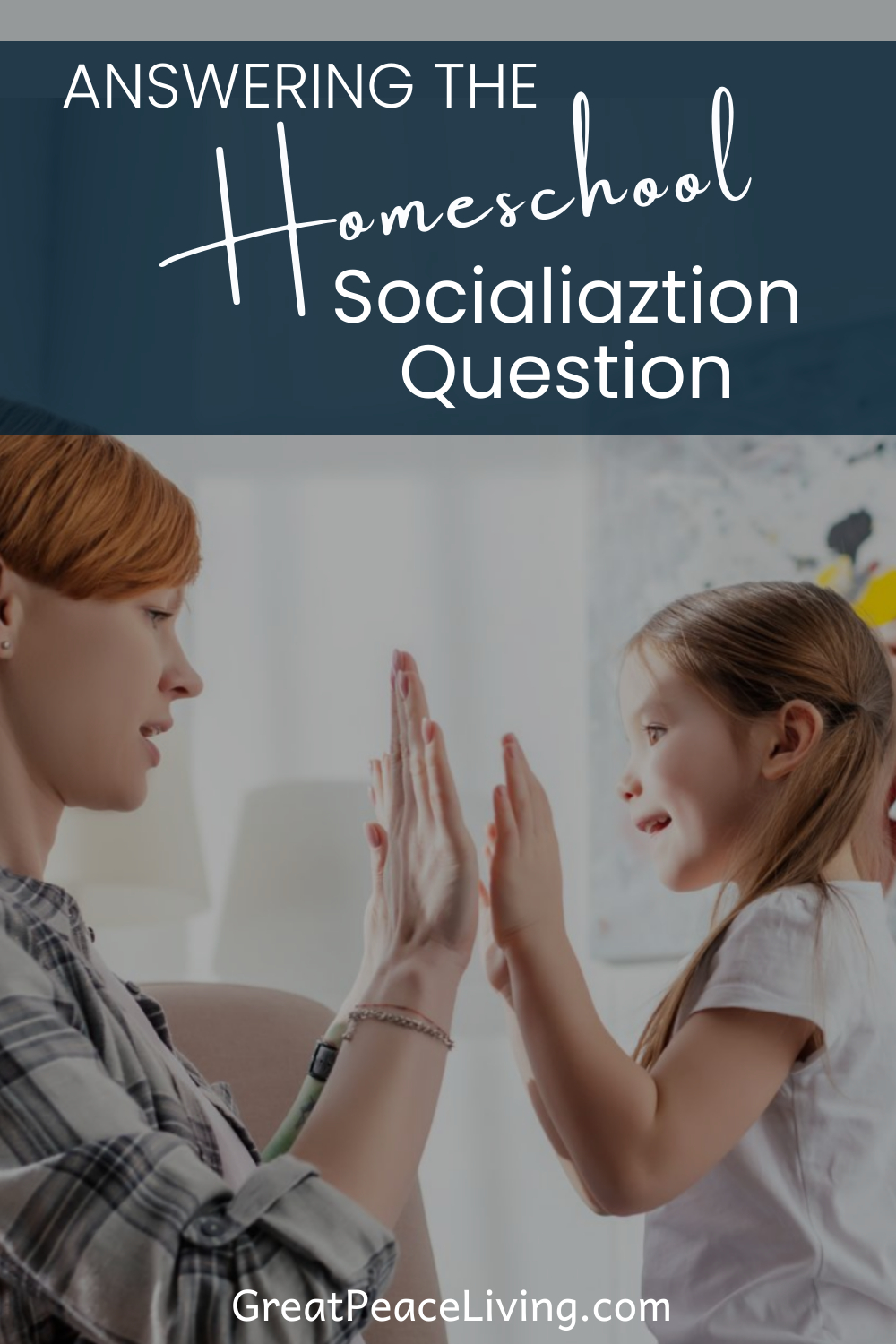
For me I understand that it is my responsibility to teach my child how to function in life, that means it is my job to teach him how to have a conversation with anyone in life whom he may come into contact with. I believe we need to teach our children how to interact with other people not only in a set peer group but across peer groups. My child is learning to talk with and interact with children who are younger than he is, older children, adults and even the elderly. I provide many opportunities for my son to socialize with others.
Homeschool Socialiazation Opportunities
Homeschool Socialization through Extra Classes
Every Tuesday he takes a piano class taught by a teacher other than myself, he is learning to be responsible for fulfilling his required assignments for the week, for interacting with the teacher and sharing with her his work as well as asking questions which might help him to learn to play better.

Every Friday my son takes a swim class and a gym class. Both of these classes have children of various ages for him to interact with. They both also are taught by teachers other than myself so that he will learn to be cooperative with other teaching styles.
Every other Friday we are involved with a homeschool co-op. In this co-op, moms take turns teaching classes and planning activities for the children. The goal is to have a core group of families giving the children a core group in which to “socialize” with on a regular basis. The difference is that this core group is made up of students from wide age range rather than all of the same age.
Field Trip Socialization
Once a month we attend a homeschoolers in the park nature lesson at a local park, this again allows him an opportunity to learn from teachers other than mom, while being surrounded by other children.
We are involved in 2 separate groups which plan various field trips and activities. One group focuses on educational activities providing events such as geography or science fairs, field trips to museums or historical sites. The other also provides some educational field trips but also provides more opportunities for the children to play in a social setting.
Socialization through Life Skills
Then there is the life skills that I work to teach him. When he wants to purchase something, he works to save his money. When he has earned the money we go to the store and I help him to make his selection. Then I teach him how to interact with the sales clerk, how to ask questions, how to look a person in the eye and have a discussion.
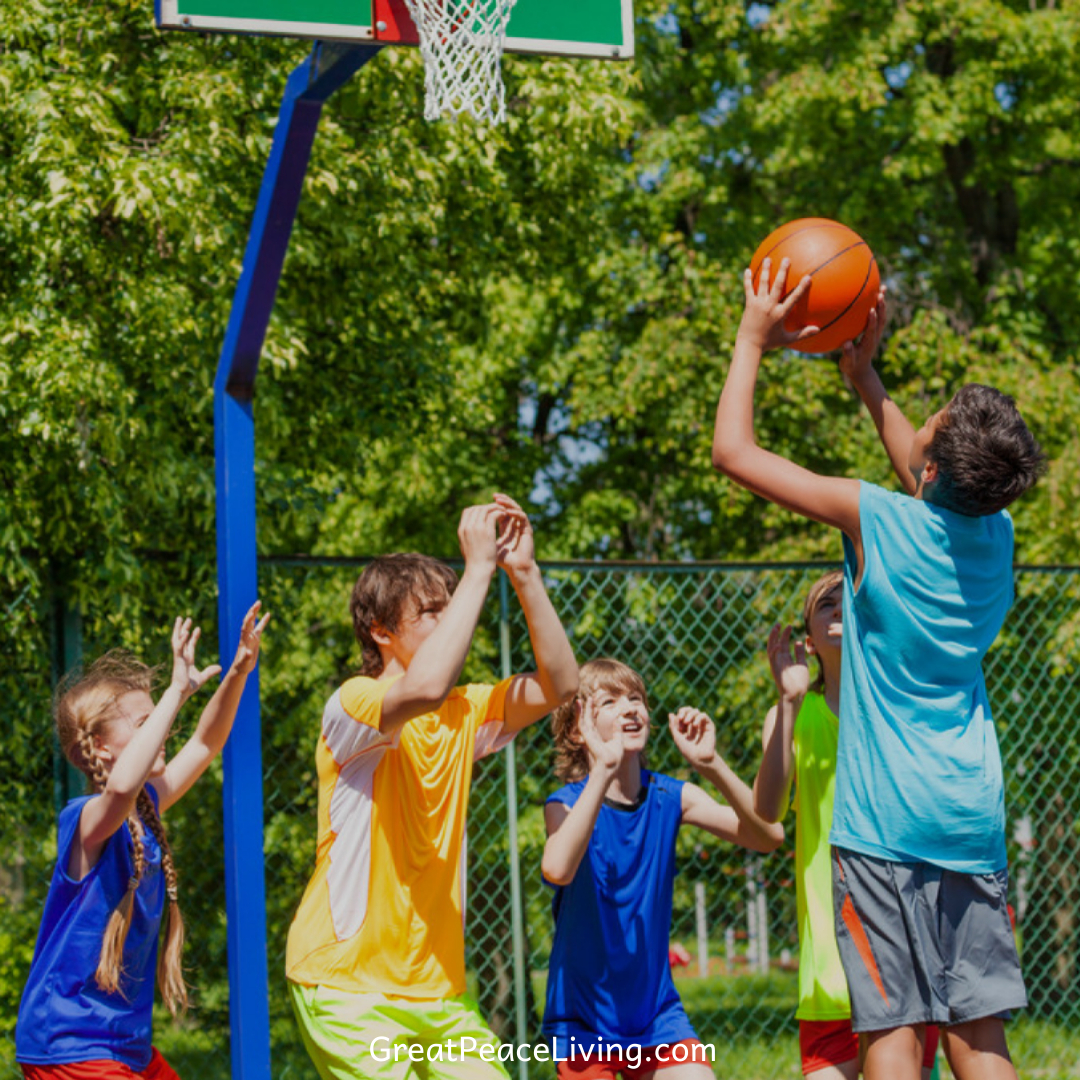
He goes with me almost wherever I go. If I have a doctor’s appointment, he learns by watching me interact with the receptionist, the nurse and the doctor. He learns that when he is curious about something it’s OK to ask questions. He goes with me when I serve others, he can see that working for Christ is important, and that talking to others regardless of age is important.
Why Homeschool Socialization is Different
The distinct difference that I see between public educated children and home educated children is the type of socialization which occurs. I attended public school, so did my husband. Most of the people we know attended public school. I learned to socialize within a set peer group. What I see is that children who are expected to learn to “socialize” are put into groups based solely upon age, then expected to form friendships with those within the group. If the child for whatever reason does not form those friendships then they are by the group deemed to be different, or sadly, weird.
I also see in this type of social setting a hierarchy of sorts. These hierarchys are also known as cliques. I see these forming in children groups as young as pre-school. You have a group of children who are either in the inner circle or out of the inner circle with little, if any, chance for crossing over. What I see forming from these groups is a system which is ideally suited for mean spirits to grow toward children who are supposed to be peers.
From this I see many chances for bullying to occur. Think over the past 10 years or so of news stories and ask yourself how often do we hear of bullying in the public schools? How often have we heard of the quiet, not involved child who went to school with a gun and started shooting. That didn’t happen overnight. It started most likely in a Kindergarten or 1st grade class room when the child’s peer group deemed that child to be unworthy of the inner circle.
So ask yourself which child is learning to socialize, the child forced to interact within a set peer group on a daily basis, or the child who is learning to interact with many different ages, social settings and personality types?



